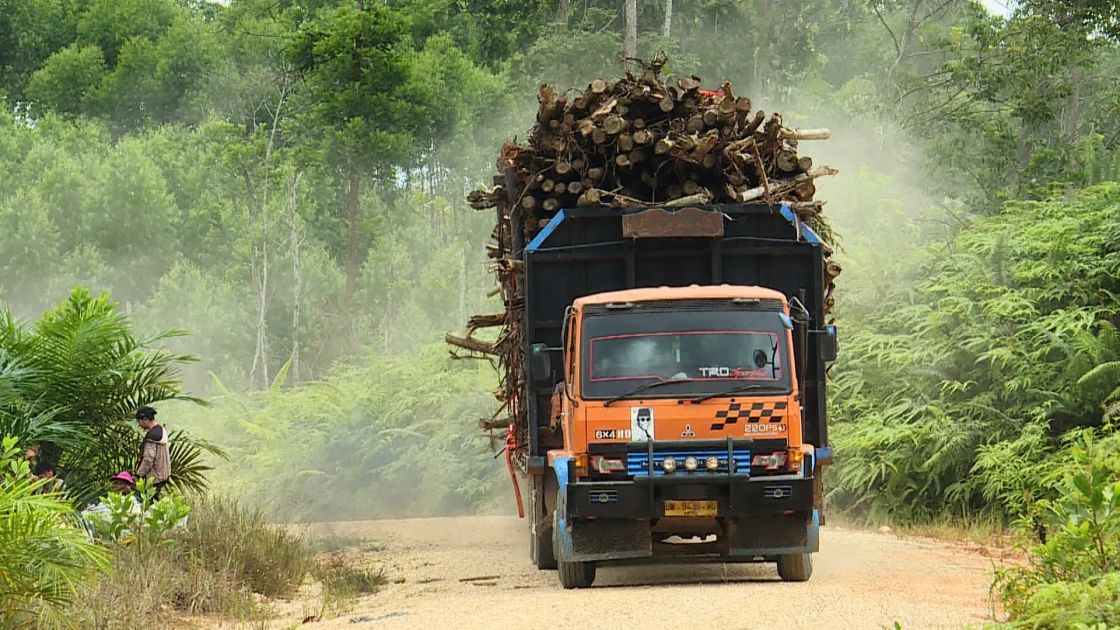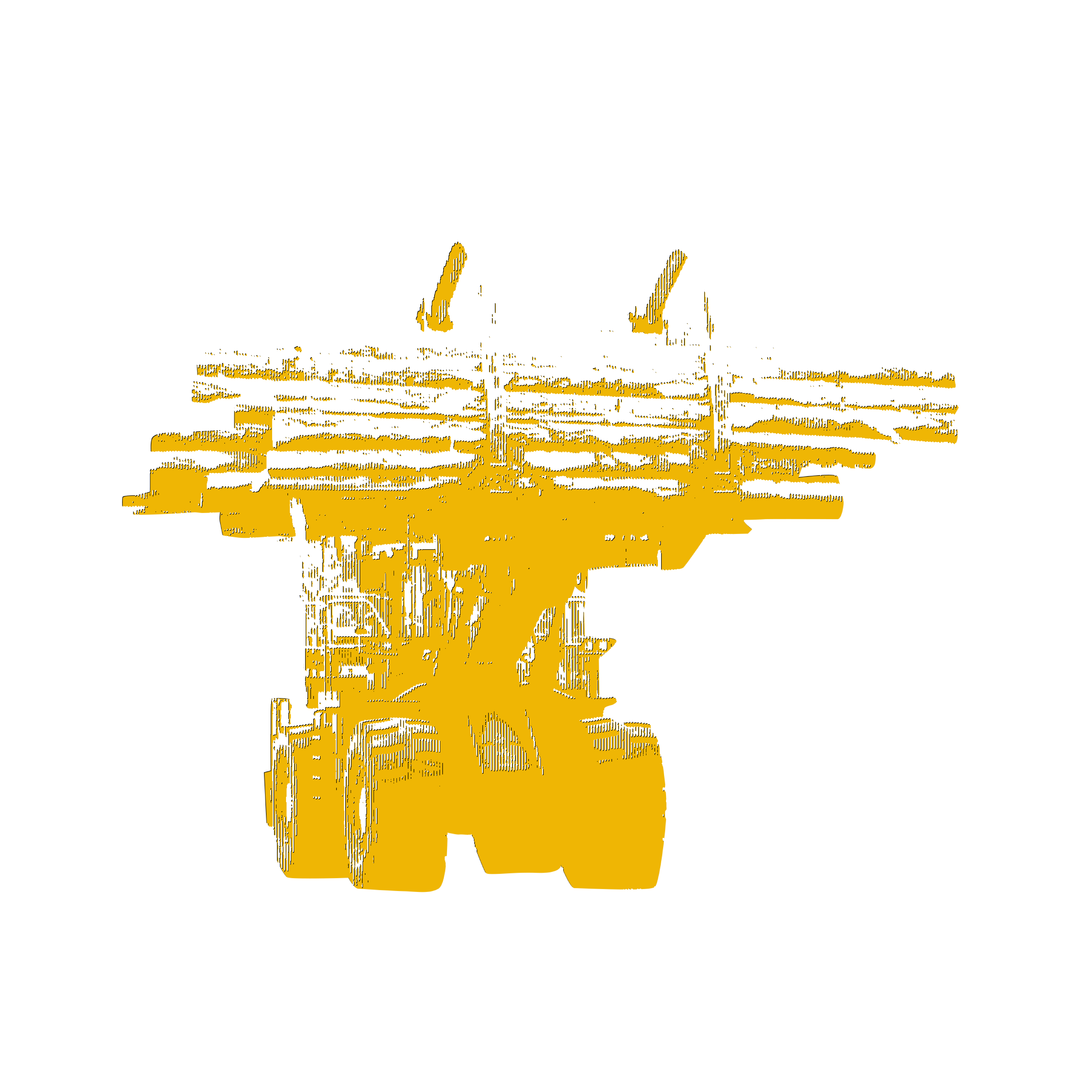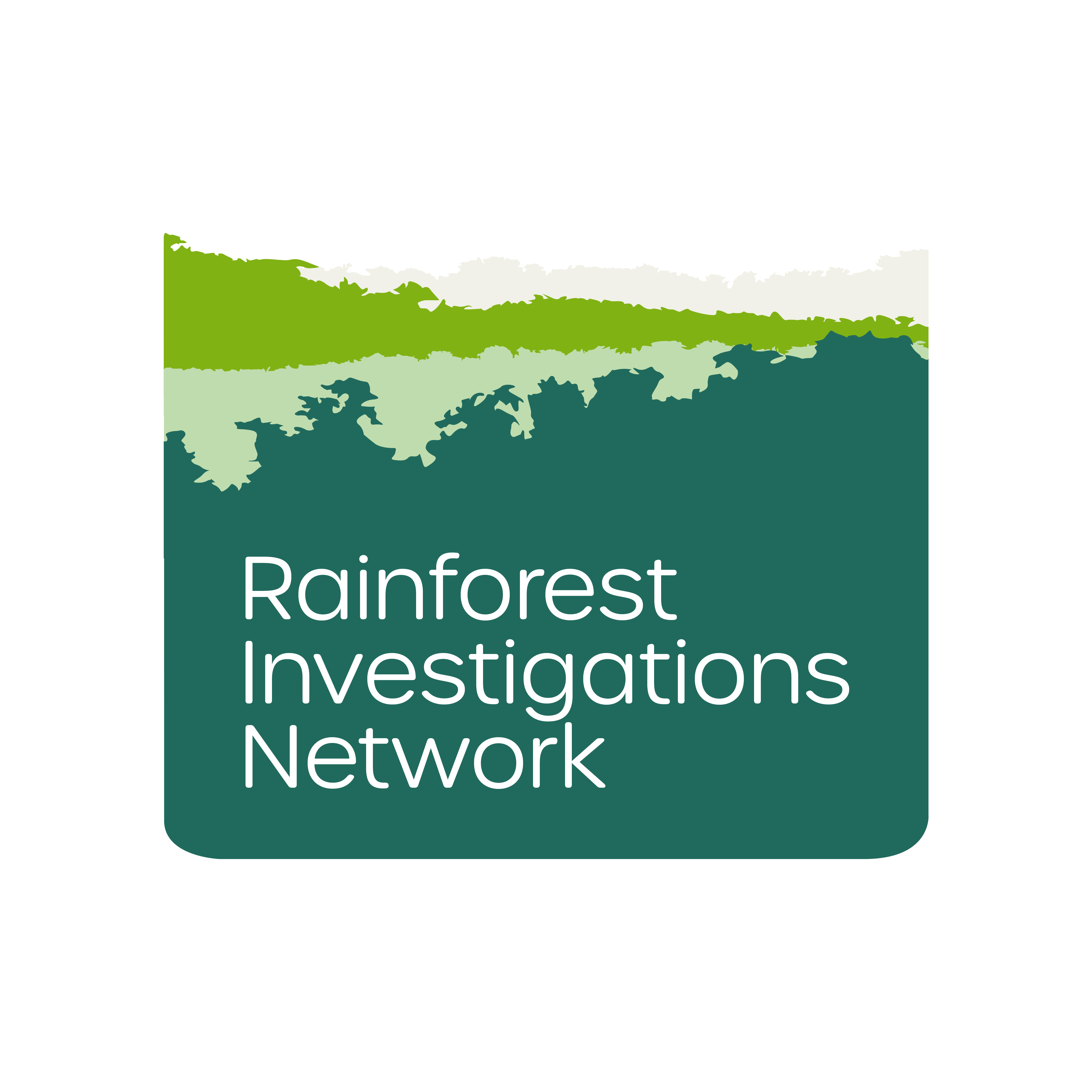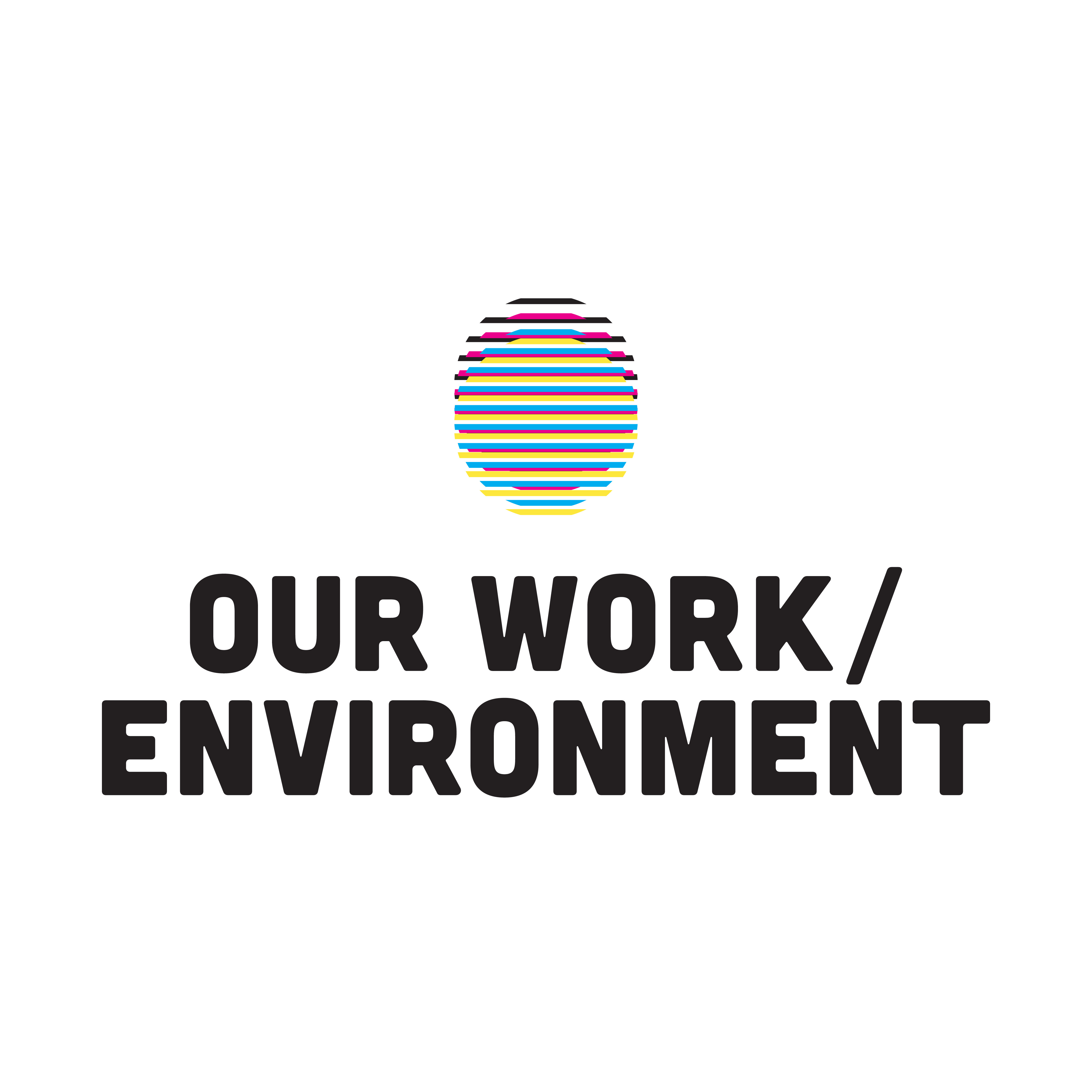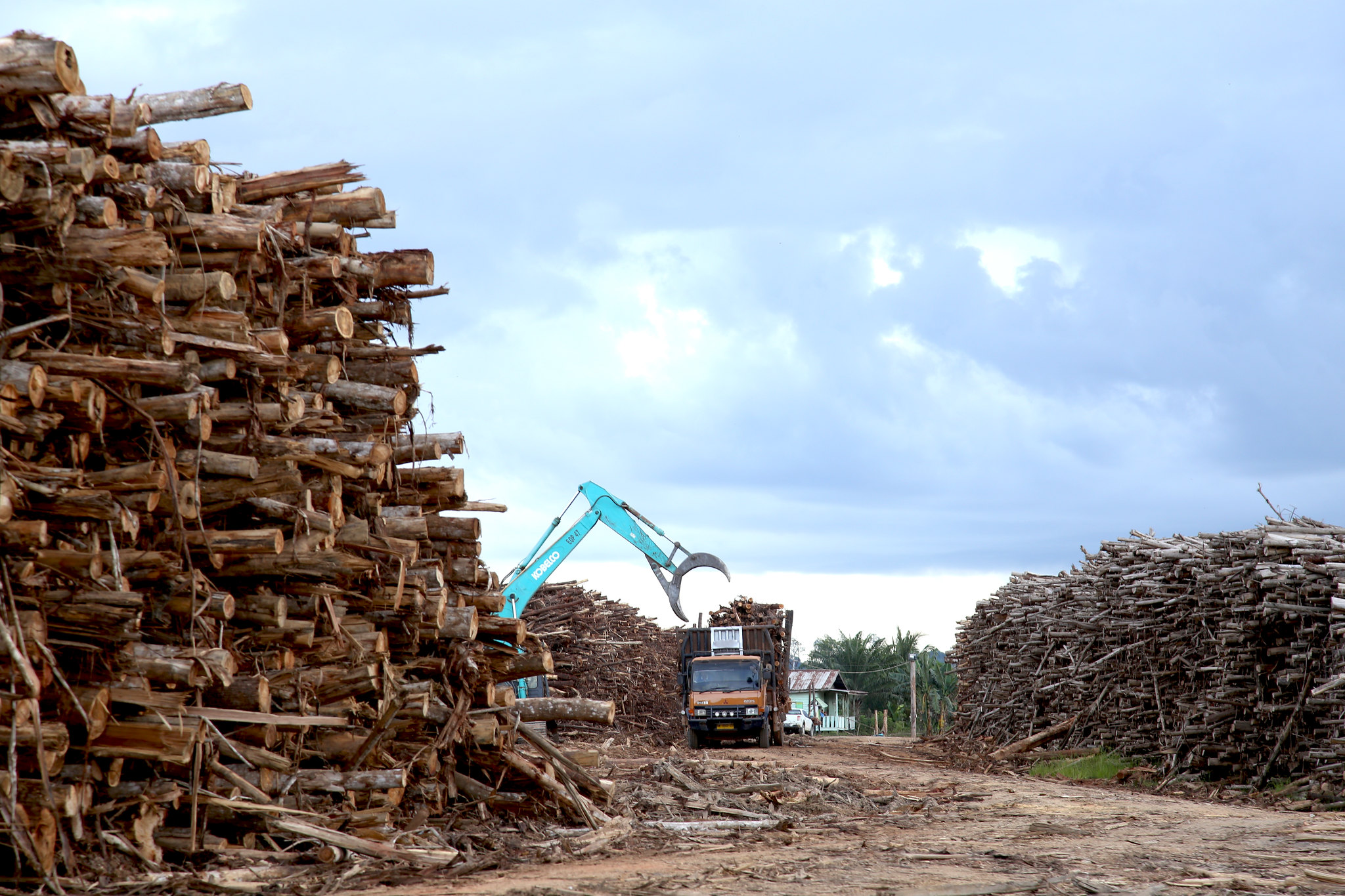
This report was originally written in Spanish and is posted on the El País website. To read the full Spanish version, click here.
Polyester is the most widely used fabric in the world. It comes from petroleum, and every year it fills oceans with tons of microplastics. Viscose, on the other hand, comes from trees: a renewable and biodegradable resource. Leather, too, is a natural material that comes from cowhide and is a by-product of the meat industry.
In theory, viscose and leather are sustainable alternatives to fabrics from fossil fuels such as polyester. But in reality, the opaque viscose and leather supply chains behind large European fashion brands facilitate deforestation in the Brazilian Amazon and the Indonesian jungles of Borneo, as shown by recent investigations by the Rainforest Investigations Network and by local and international NGOs.
According to EL PAÍS, Spanish fashion is not innocent, either.
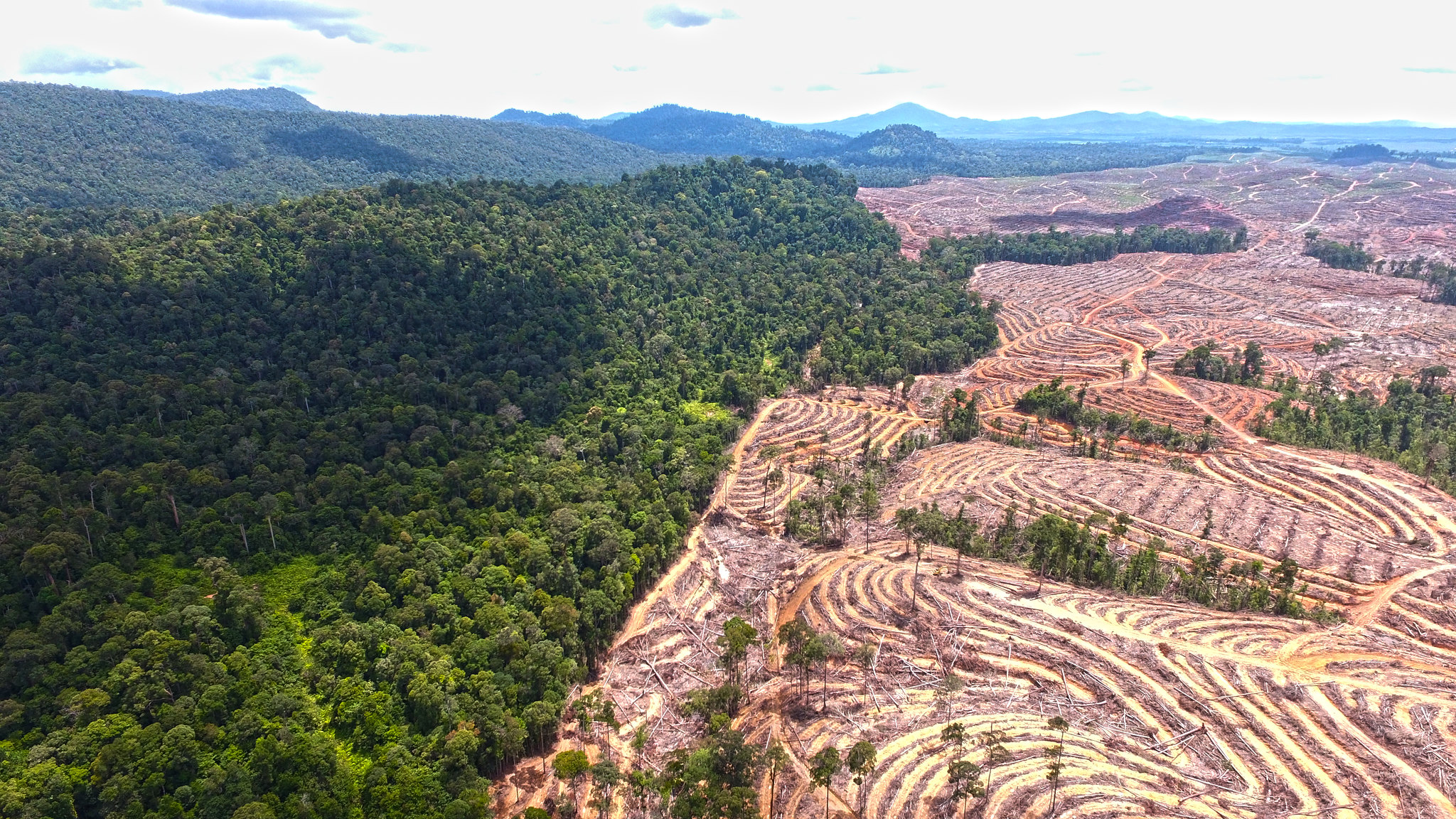
Cutting Down the World's Oldest Forest
The journey from field to closet begins in the territory of the Indigenous Dayak people in Borneo’s province of North Kalimantan. The island preserves the oldest jungle on the planet, dated at 130 million years old; it has the tallest tropical tree species in the world, the Shorea faguetiana, which is as tall as a 26-story building; and it is home to peat bogs, a type of wetland whose organic soils store twice as much carbon as all the vegetation on the globe.
The ancient forest hums with the sounds of apes, birds and insects vital to the climate and biodiversity. But where bulldozers have drained the peatlands and razed trees for industrial eucalyptus and acacia plantations, it is dead silent.
Viscose, like paper, is a fiber derived from cellulose and was developed a century ago. The production treats the wood with an aggressive chemical to obtain a paste. Specialized plants convert this mass into viscose fibers that, in turn, other companies transform into products such as clothing, makeup remover wipes and masks.
Viscose is the third most used fiber in the world, ranking after polyester and cotton.
"We can't keep cutting down 400-year-old trees and draining peat bogs to make boxer shorts and T-shirts," says Nicole Rycroft, founder of the Canadian NGO Canopy Planet, which promotes sustainable supply chains. The organization estimates that 200 million trees are cut each year to meet the fashion industry's demand for fiber—often cutting down ancestral forests to establish monocultures of eucalyptus and acacia, two fast-growing species used as a source of cellulose.
Laundered Cowhides
Meanwhile, in the Brazilian Amazon, a local man turns a patch of primary tropical forest into pasture for his herd. It is illegal, but he is casual about it. He knows that he will sell his cows to a regularized farm which, in turn, will supply the laundered animals to a slaughterhouse.
Once all the traces of the cattle’s origin have been erased, the international journey can begin. The slaughterhouse will sell the hides to a tannery, which will offer the leather to factories that will produce shoes, bags and even car seats for North American and European brands.
Commercial livestock is the leading cause of deforestation in the Amazon, the largest tropical forest in the world, and the leather industry is an important part of the productive machinery. The fashion sector alone will need 430 million cows annually to meet global demand until 2025.
Up to 80 percent of the carbon footprint of fashion companies depends on how and where they source the raw materials and how they manufacture the products, Rycroft says.
Kalimantán - Madrid - New York
NBC News, which like Planeta Futuro / EL PAÍS is part of the Rainforest Investigations Network, commissioned physicist Edward Boyda, co-founder of the environmental studies group Earthrise Media, to analyze deforestation in North Kalimantan. The demarcated area encompasses seven concessions that supply wood to the company Asia Pacific Resources International Ltd., or APRIL, which produces wood pulp in Indonesia and sells it to its sister company, Sateri, whose Chinese factories transform it into viscose fibers.
Using images from NASA and commercial satellites, Boyda concluded that at least 7,700 hectares of natural forest had been cleared since 2015. Dayak communities report that they have been left without game to hunt, and that floods and fires are more frequent. And APRIL has expansion plans.
Logging violates a 2015 commitment by APRIL and its mother company Royal Golden Eagle. However, in Indonesia, it is legal, at least at the fraction that takes place within the concessions. The resulting viscose ends up in factories around the world that have produced clothing for companies such as the Swedish brand H&M and the Spanish brand Desigual, which are present in 150 countries. The companies themselves have declared this in reports by NGO Changing Markets on fashion and viscose; the most recent of which was in December 2020.
In responses to EL PAÍS / Planeta Futuro by email, Desigual's Product Director, Clara Delmuns, indicates that they have stopped working with suppliers that obtain their viscose from Sateri.
"We have reacted quickly and the changes will be reflected in our 2023 collections," she said. "We provision in advance, so commitments take time to turn into tangible results."
"Fashion supply chains are very complex and have many actors who are not always easy to trace and audit," Delmuns added, noting that they are piloting blockchain technology to trace raw materials back to their origin.
Changing Markets makes an annual ranking of fashion companies based on their transparency, and in this context Desigual revealed its list of viscose suppliers. But this is only the tip of the iceberg.
This report has been produced in collaboration with Andy Lehren of NBC News.


